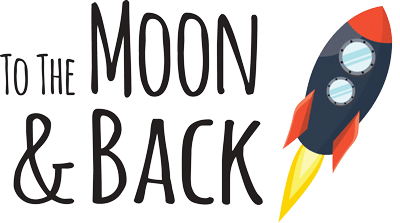Literacy and Reading
Difficulty with literacy and reading, also known as dyslexia, affects 5-10 % of people and is the most common learning difficulty. Dyslexia can affect one or more of the following areas:
- Decoding written letters into words
- Writing letters to represent words
- Understanding text
- Generating texts, such as short stories and essays

If left unaddressed, literacy difficulties can lead to academic problems, poor self-esteem and social-emotional challenges. People with dyslexia can become self-conscious and embarrassed of their difficulties.
Effective strategies for supporting literacy challenges
There’s great news if your child is dyslexic. Years of research means that we have access to various effective reading intervention strategies to support people with dyslexia. Evidence-based reading instruction is:
Explicit
Systematic
It should also include instruction for oral language challenges (such as difficulties with listening comprehension or expression) that may impact your child’s written language.
Literacy instruction at TMB
At TMB, our speech therapists are trained in the Sounds -Write Program.
Prior to beginning literacy instruction, your child’s therapist will conduct a comprehensive assessment to identify the specific strengths and limitations your child is experiencing in their reading skills. You can find out more about the Sounds -Write Program on our resources page.

